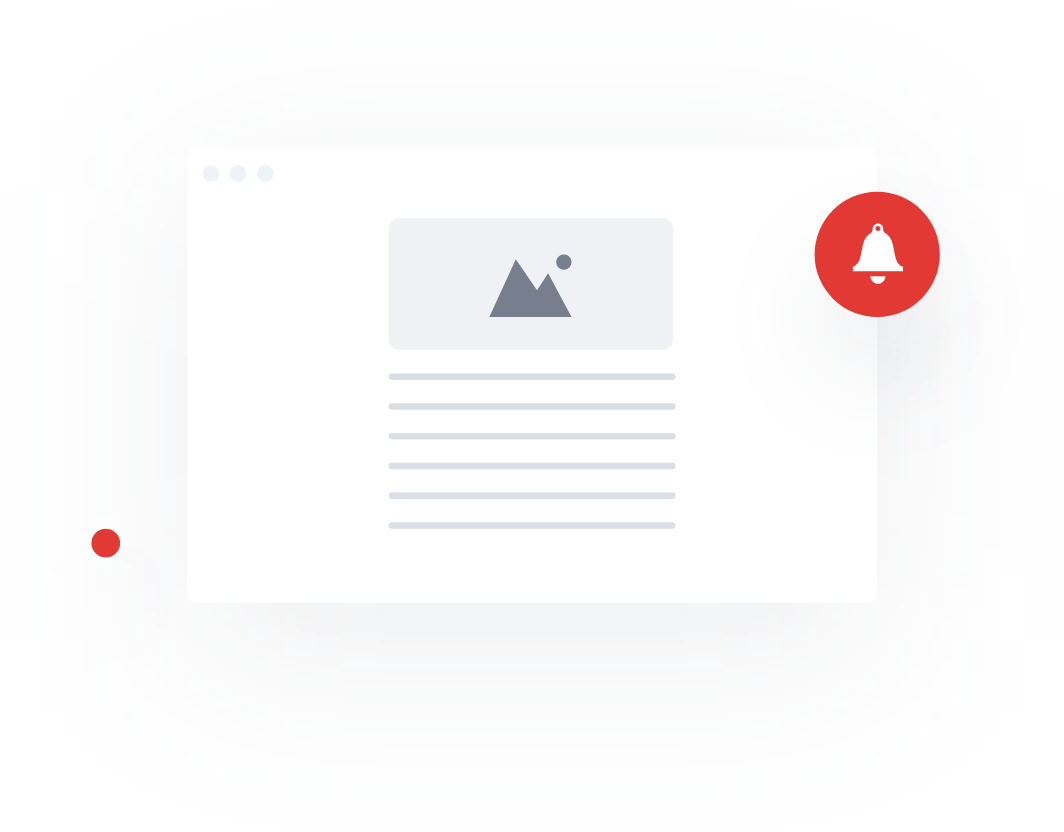Be first to know
Keep up to date with ecommerce news, trends and articles. Brought to you by Stock2Shop.
Sign up todayTechnology is the cornerstone of modern business. From enterprise resource planning (ERP) systems to ecommerce platforms, the digital tools that companies choose can drive efficiency, enable growth and unlock new market opportunities. However, with these benefits comes a significant risk that too many organisations underestimate: technical debt.
Technical debt, a term originally coined by software developer Ward Cunningham, describes the future cost of shortcuts taken today in software development and technology decision-making. This could be anything from relying on outdated code, bypassing best practices to meet tight deadlines, or — increasingly — becoming too reliant on a single system or vendor. While these decisions might offer short-term gains, they can create long-term liabilities that stifle agility, drive up costs and make businesses more fragile in the face of change.
Imagine a company that rapidly scales its operations and chooses an all-in-one software solution to manage inventory, ecommerce and CRM. Initially, everything seems to work well. But over time, the limitations of that single system begin to surface. It doesn’t integrate easily with new tools. Customisation becomes difficult and expensive. Migrating data becomes a nightmare. Suddenly, the business finds itself locked into a dated solution, with spiralling support fees and little flexibility to adapt to changing customer demands or market shifts.
This is technical debt in action, and it manifests in various forms:
While all businesses accrue some level of technical debt, unchecked debt can become crippling. And unlike financial debt, you can’t always see it coming until the cost is already being paid — in the form of lost productivity, poor customer experiences or missed opportunities.
One of the most effective ways to mitigate the risk of technical debt is by using a systems integrator. A solution like Stock2Shop implements and manages integrations between various software platforms. This helps companies to future-proof their technology ecosystem by making sure it is modular, scalable, and most importantly, agnostic.
Here’s how Stock2Shop will save you money in the long run:
Rather than tying you to a single software vendor, Stock2Shop allows for a modular architecture. This approach allows businesses to choose “best-of-breed” applications and services across different functions, and connect them in a seamless way.
Stock2Shop ensures your various systems can “talk” to each other, enabling real-time data flow and reducing manual workarounds. When platforms are well-integrated, you reduce duplication, errors and inefficiencies that often accumulate into technical debt.
With an integration layer in place, you gain the freedom to switch out parts of your technology stack without needing to overhaul the entire ecosystem. For example, if a new ERP better suits your evolving strategy, a good integration framework allows you to migrate with minimal disruption.
An integrated but loosely coupled tech stack is far easier to adapt. Whether you’re entering new markets, expanding product lines or responding to regulatory change, you can move faster without being bogged down by legacy systems or hard-coded dependencies.

Stock2Shop is a systems integration platform specifically designed to keep companies flexible and agile. Unlike software solutions that lock you into a specific ERP or ecommerce system, Stock2Shop acts as a middleware layer — a bridge that connects your existing systems and allows them to be swapped in and out with relative ease.
Our agnostic approach means that if you decide to upgrade your ecommerce storefront, pivot to a different ERP or expand to new sales channels, you don’t have to rebuild your entire infrastructure. You simply plug in the new system and let Stock2Shop handle the integration.
This is key to avoiding technical debt because:
In essence, Stock2Shop turns your technology stack into a living, breathing ecosystem — one that can grow and adapt with your business, rather than holding it back. Contact Stock2Shop to find out how you can build a flexible ecosystem that mitigates the dangers of technical debt.

Keep up to date with ecommerce news, trends and articles. Brought to you by Stock2Shop.
Sign up todayUnderstanding product data is essential for a successful ecommerce business. Here’s an overview of the most important elements of product data you need to understand.
Read MoreCategorising products correctly is a major pain point for many ecommerce websites. Layered navigation is the solution: find out how – and why – to implement it
Read MoreWant to find out exactly how Stock2Shop can make your business more efficient and streamlined?
Contact Us